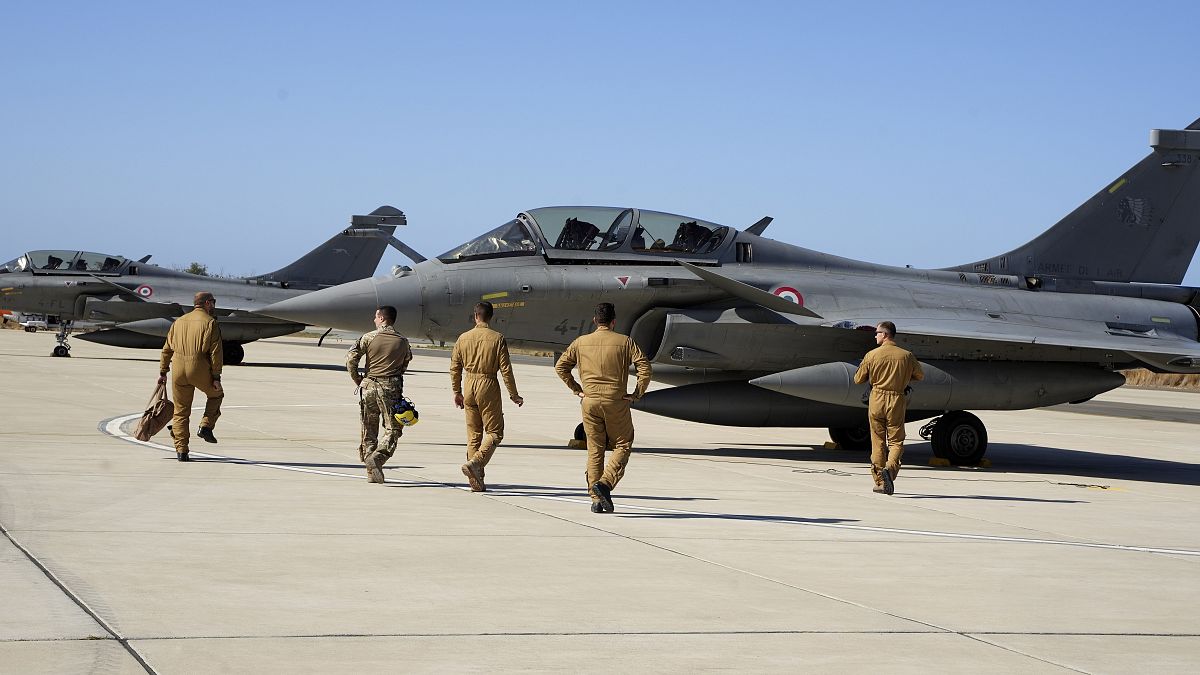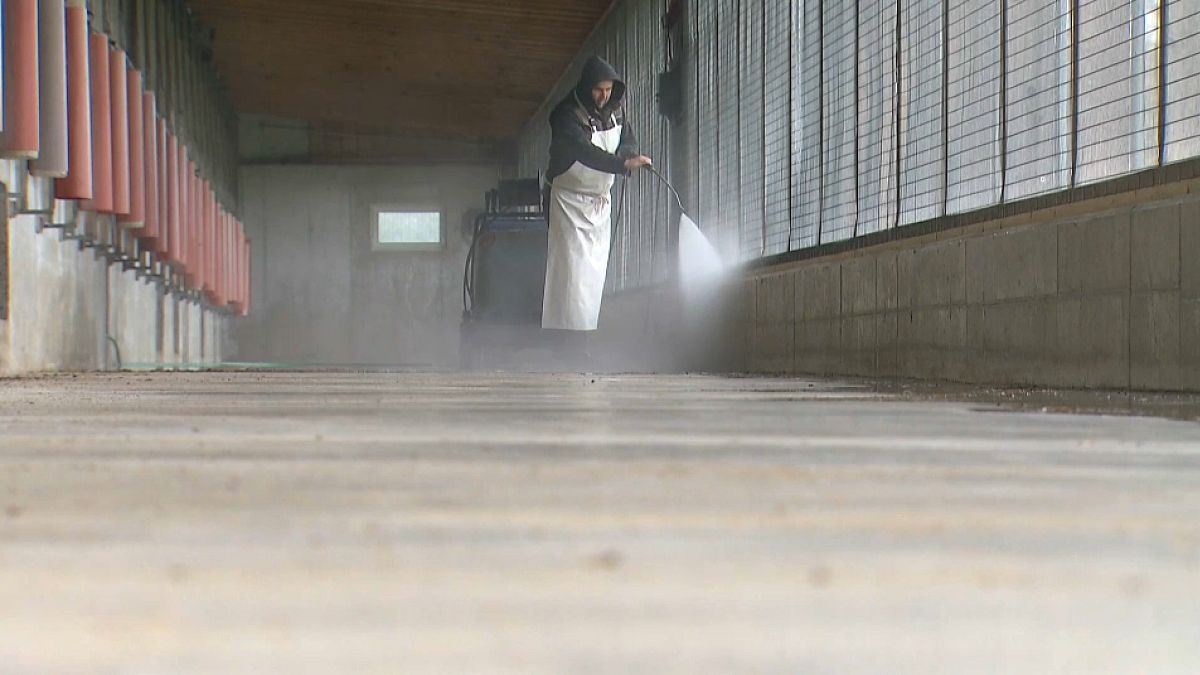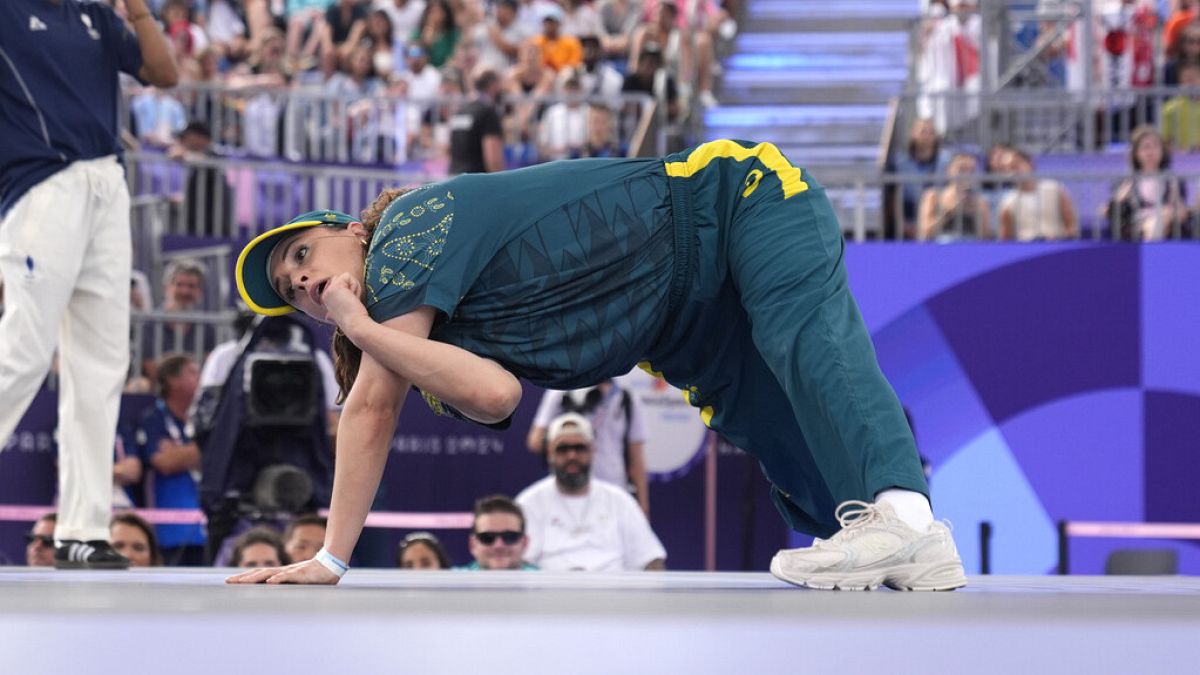What’s at stake at Italy’s European air defence conference?

The two-day summit focuses on enhancing European defence capabilities and countering potential threats in response to recent geopolitical developments and challenges.
Around 200 guests, including European military leaders and defence ministers from across the continent, have been invited to attend the second edition of the European Air and Missile Defence Conference in Rome.
The two-day summit, which started on Monday, focuses on strengthening defence capabilities across Europe and deterring potential threats in light of recent geopolitical developments and challenges.
On the main day of the event, Tuesday, panels will explore a range of topics, including military, industrial, and political issues and will be followed by a joint press conference with Italy’s defence minister and his French counterpart.
After Russia’s invasion of Ukraine, the question of how to build a stronger defence across Europe has become a top priority for European leaders, particularly with the upcoming US elections potentially influencing future US defence support for Europe. The need for the EU to strengthen its defence system and boost its arms production capacities is, in fact, one of the key goals of the next European Commission.
The defence policy expert, moderating one of Tuesday’s panels at the Italian Air Force headquarters, which will focus on the military aspect of European air and missile defence, commented on the stakes and the significance of the event.
“The aim of the conference is to continue the discussion on integrated air and missile defence for European skies – specifically how to protect European territories from Russian bombs and drones,” Alessandro Marrone, head of the defence programme at the IAI institute in Rome, told Euronews.
As Marrone explains, the entire debate around Europe’s defence has changed throughout the years since Russia’s invasion of Ukraine.
Since 2014 the threats Europe faces are of a different order, according to Marrone.
“In light of this, the EU commission and EU institutitons have started implementing strategies and laws and the use of fund allocations focusing on the industrial and technological aspects to make Europe more independent and able to produce the necessary equipment”.
“The trend has continued with Ursula Von Der Leyen (President of the European Commission) and this is where the EU can make the difference if compared to national governments which are responsible for deciding when and if to deploy their armies,” he added.
Watch the video in the player above to find out more.
World News || Latest News || U.S. News
Source link



